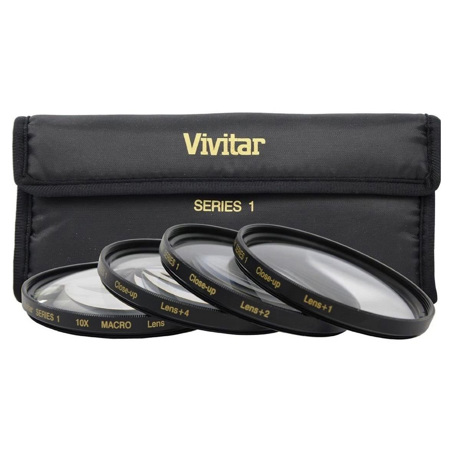

Though all this does mean these cost more than a lot of other options out there.Īn inexpensive general means of protecting your lens from filter stalwart Tiffen, this one comes with a ten-year warranty and once again is designed to reduce the blue-ish cast of daylight, while helping to absorb ultraviolet light. Urth also plants trees for every purchase of its filters, giving your choice a real impact. The size range from 37mm to 95mm filter thread also means you're all but guaranteed to find a size that fits your lens. Its German B270 SCHOTT glass is protecting by 30 layers of nano-coating, meaning it's easy to clean and is well protected against water, dirt, oil and other smudges, while also providing top-notch light transmission. The Urth UV Filter Plus+ is a premium product, capable of cutting out up to 99.6% of ultraviolet light.


Urth is a company that makes a variety of premium, high-grade filters, and its protective UV filter is a great choice for those who want the UV component of the filter as much as the protective aspect of it. While UV filters can be thought of as cheap, disposable things (see our next entry for an instance thereof), one new company is choosing to think of them more sustainably. However, the best protection filters will prevent small, troublesome particles from reaching the glass. While lens hoods do provide a level of protection, it's still easy for sand or grit to scratch the front element. One of the best protection filters is far better than shoving on a lens hood and hoping for the best – or leaving your glass naked. The front element is a hugely important component, and if you're shooting out in rough conditions, grit and dirt can easily scratch it. Significantly less necessary in the era of custom white balance and RAW format, skylight filters now make great protective filters.Ī lens protection filter is a far better option than just using a lens hood. Another alternative is a skylight filter these also date back to the film era, and were originally used to warm up images with a pink, orange or magenta colour cast, to prevent them coming out too blue. You can also consider using one of the best polarizing filters (opens in new tab) as a protective filter, though this will cost more than a clear or UV filter. This is something of a holdover from the days of film, and is considerably less necessary when using digital sensors, but can still come in handy and certainly doesn't hurt. Some are simply clear pieces of glass that have no other function, but you can also get a UV filter, which is designed to block out unwanted ultraviolent light to reduce the level of haze in an image. Protective filters can serve other purposes too. Best diffusion filters (opens in new tab).Best close up filters (opens in new tab).Best infrared filters (opens in new tab).Best light pollution filters (opens in new tab).Best variable ND filters (opens in new tab).Best neutral density (ND) filters (opens in new tab).Best ND grad filters (opens in new tab).



 0 kommentar(er)
0 kommentar(er)
